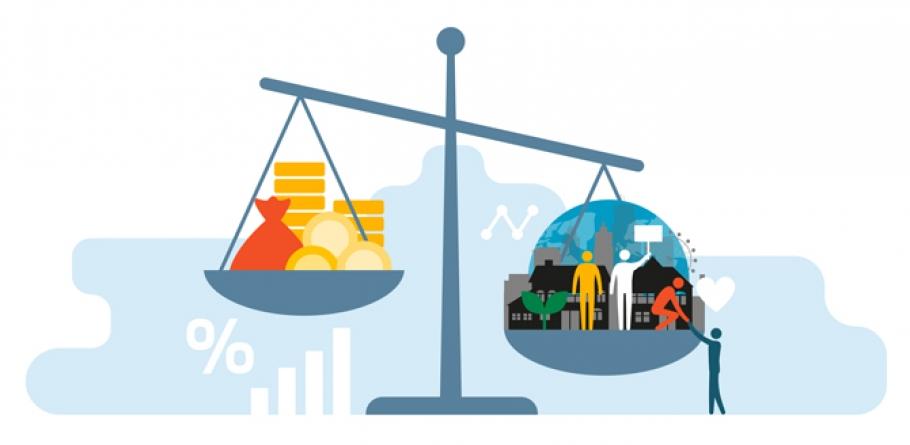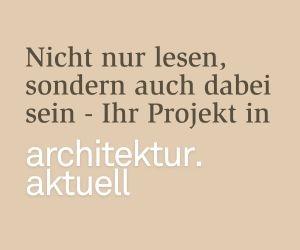Aug
HUMAN SCALE REMEASURED | Call for Submissions

ANCB The Metropolitan Laboratory
Christinenstraße 18-19
10119 Berlin
Deutschland
Recent crises have evoked a growing sense of responsibility among architects, urbanists, activists, researchers together with economists worldwide, to use their knowledge to raise awareness that our way of life is losing its measures in an overwhelming quantity of expansion and rash decisions. In the wake of world-wide emergencies, such as climate change, pandemics, but also rapid growth, social inequalities, the North-South gap and migration waves, it is necessary to create a balance to increase resilience and reduce the impact of everyday urban life on resources, from the scale of the individual to an international approach. Through various formats, ANCB will investigate existing best practice examples and stimulate new visions for the built environment concerned with a better socio-economic coherence in our human habitat.
QUESTIONS
- In the wake of challenges and disaster, what is necessary to preserve and who makes the decision? How can behavioural changes be brought about and by whom?
- How far can resilience be strengthened with a robust social infrastructure where community members support each other?
- How can diverse lessons learned from past disasters be brought together in visionary proposals to prevent further urban catastrophes?
- What should change in our homes and workplaces?
- Both the threat of disasters and the aftermath create insecurity amongst those affected - can the spatial design professions help to restore a sense of security?
- What is their role and that of government and technology in supporting freedom and simultaneously providing security?
- What would a design response be to a new economy based on exchanging goods and services?
- How can planners pave the way for an ecological model including new technologies, new jobs, secure infrastructure and increased health?
- Can architecture assist to give people power over their data collected through devices, tracking but also through building sensors?
CALL
With a positive outlook, the call for entries for the programme Human Scale Remeasured aims to investigate how architecture and urban planning can increase social, educational and economic potential, offering responses to urgent questions about the living conditions of humankind and the built environment. ANCB is looking for new or existing ideas, schemes, future-looking projects and experimental typologies of all scales in architecture, design and urban planning as well as economical strategies and financial models that are:
- economically sound but simultaneously socially compatible and derived by principles of a (green) economy for the common good,
- beneficial for a society we share as a whole,
- advanced, innovative and sustainable in their use of technology, design and mobility,
- wide-ranging approaches and holistic concepts that introduce new schemes for work and production, health and welfare, culture and knowledge – either in one of these sectors or in all of them.
ANCB is calling on architects, planners, designers, economists, sociologists, researchers and experts from related disciplines to submit projects or conceptual contributions (book, essay, paper etc.) using this online form. Selected contributions will be showcased in an exhibition at Aedes Architecture Forum in Berlin in January 2021. It is envisaged to complement and enrich the exhibition with a series of symposia and a publication. This is subject to funding and possible virus containment measures in place at the time.
BACKGROUND
A devastating situation can present an opportunity for innovation and it is hoped that something new and good can be realised in the long-term. The coronavirus crisis mirrors the advantages and disadvantages of globalisation very clearly by increasing social gaps, shifting priorities in society, job markets, health care and basic needs. The momentum of the current crisis also leads, besides hardship and struggle, to a globally experienced solidarity and constructive reflections on how we can reconfigure living together on a spatial and economical level while taking care of our health and wellbeing. This potential should be activated, and already existing proposals or projects concerned with consequences of such reforms revived. New typologies for living, learning, working and leisure that are tailored to patterns and needs beyond short-term economic profit and shareholder interests are currently being considered or have already been invented with the intention to function as instigators of social, infrastructural or economic change.
Disasters evoke fears in the public about the visible and invisible insecurities and vulnerabilities targeting our cities, and have an impact on the physical appearance of our urban environment. A holistic approach is needed to react to these fears and to recover after the current pandemic subsides. There is a chance to use this disaster response to mitigate an even more dangerous crisis predicted by science: the costs of global temperature rise will be higher than transitioning to clean energy and there are limits to growth. At the same time, a shift in policies and planning objectives is required to keep the consumption of natural resources within the regenerative capacity of ecosystems and planetary boundaries to avoid climate disaster and a global battle for living environment. Incentives might help socially responsible, sustainable companies gain advantages on the market. Environmental policies will need to be linked with an employment policy to improve qualification development to create new jobs. Spaces for knowledge and possibly new typologies to accommodate flexible workspaces can emerge. There is a longing for the human body as for the human encounter that is able to create space – and a desire for public and private spaces, that enable human encounter. Responses might include identifying new ways to use our public space, to interact with each other inside and outside of building walls and homes, to work towards an architecture of flexibility and to create spaces for production in the city, enabling societal and economic coherence. Re-thinking supply chains and travel habits could lead to new concepts for mobility and infrastructures.

